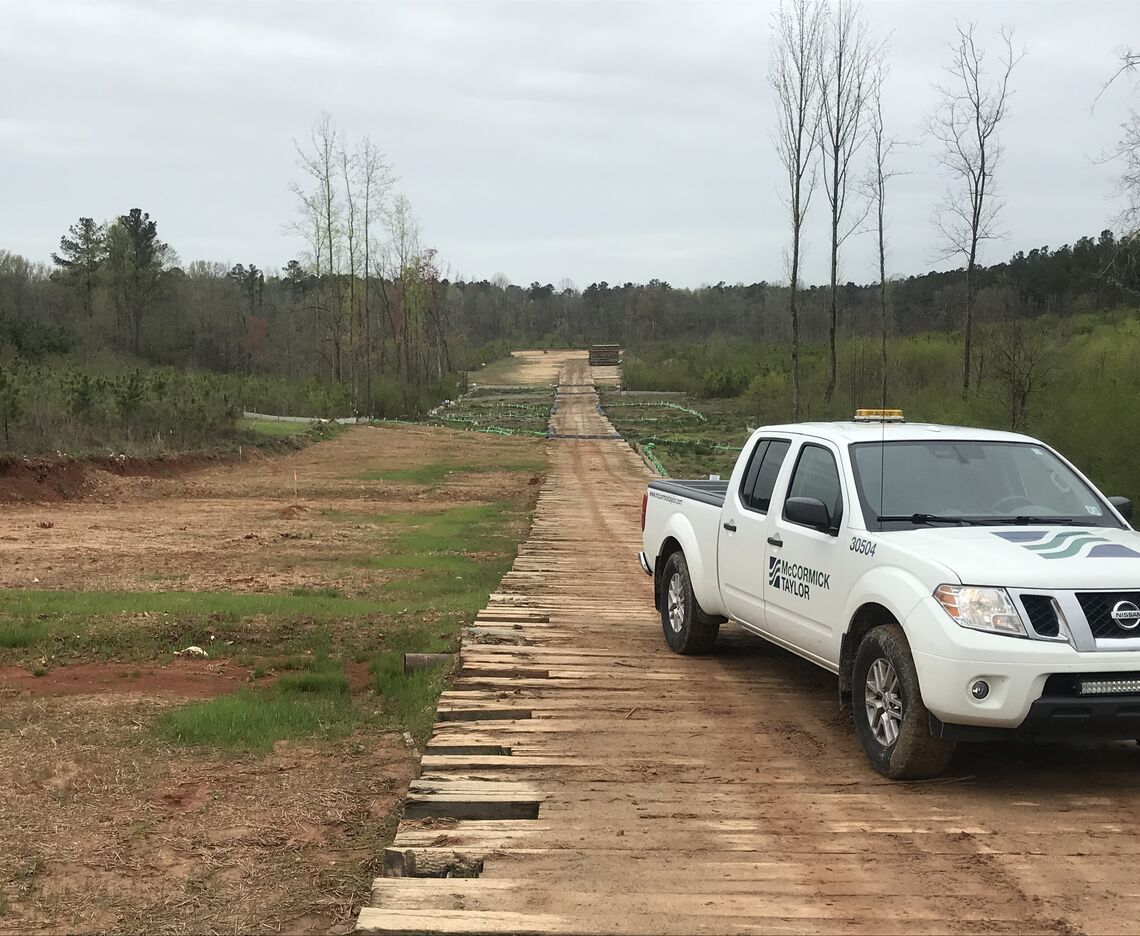
HOW OUR ON-SITE ENVIRONMENTAL COMPLIANCE COORDINATORS MAKE A DIFFERENCE
Over the years, several of our employees have worked on-site as Environmental Compliance Consultants (ECCs) or Independent Environmental Monitors (IEMs) for some of our largest Energy and Transportation clients. These positions are an exciting opportunity for our staff to work side by side with our clients to ensure their projects’ environmental compliance and prepare and submit environmental reports.
Interested in learning more about becoming an ECC or IEM? Check out our open positions here or contact Ben Morrow at bmorrow@mccormicktaylor.com to see what we have available!
Read on to learn more about these positions!
Roles & Responsibilities
The consistent, main role of an ECC or IEM involves being the main point of contact and maintaining continual communication and coordination with the various regulatory agencies involved with each specific project. Additionally, ECCs are responsible for coordinating with the construction team and EI staff to ensure that the approved scope of work and ROW maintenance remains compliant with all environmental regulations. Additional responsibilities could include:
- Visiting project sites and rights-of-way to conduct regular inspections to ensure environmental compliance
- Coordinating waste labeling, disposal, characterization, and hazardous material reporting for all waste generated by the project
- Keeping internal records and reporting related
- Coordinating with and supporting Environmental Inspection staff with necessary tools and information needed for compliance verification
- Coordinating environmental surveys associated with variance requests outside of the original survey areas (WL/WB, RTE, Cultural, etc.)
- Assisting in the review and drafting of applicable permits associated with the project and conducting permit rollouts to the team as new permits and NTP’s are received
- Being the "eyes & ears" of the regulatory agencies who may not have adequate staffing to be on-site on a regular basis
- Conducting plan reviews of proposed construction to assess for constructability, potential resource impacts, and adherence to ESC regulations
- Serving as the conduit between the permitting agencies, design team, client & on-site construction staff to facilitate project implementation while maintaining environmental compliance
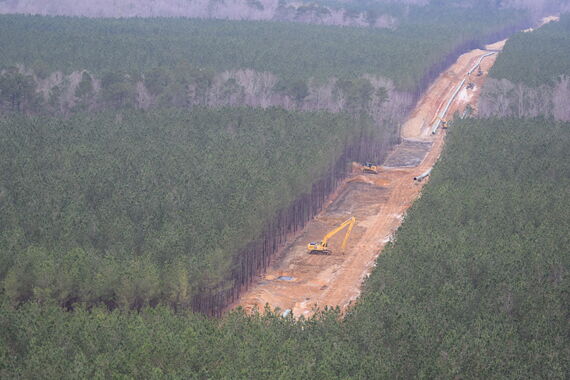
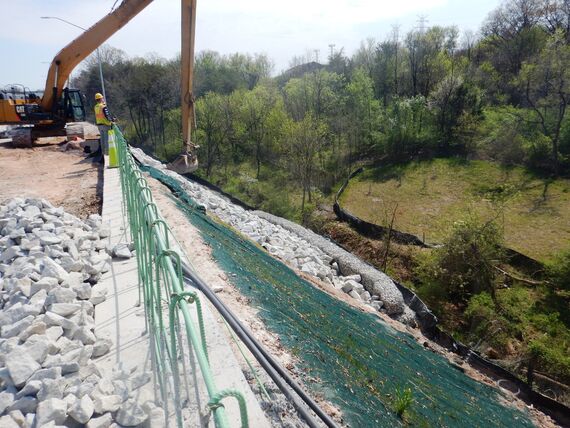
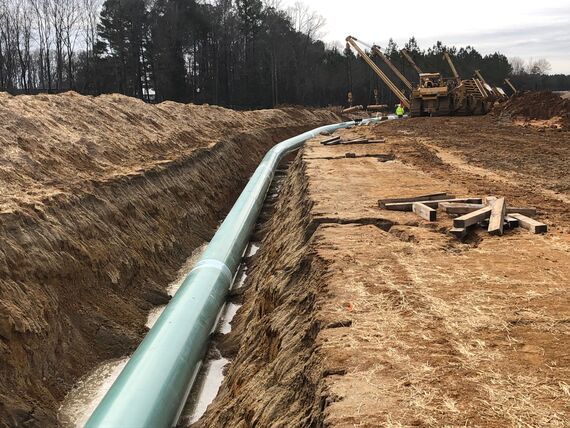
The Importance of Environmental Compliance
As with most companies and entities today, our clients fully understand the importance of environmental stewardship. Outside of the required environmental regulatory requirements, there are countless examples of internal environmental best management requirements that go above and beyond what is required by state and federal regulations. These requirements help our clients complete their projects while achieving the highest possible level of environmental responsibility.
Qualities of an effective ECC or IEM
The main quality that is needed to be effective as an ECC or IEM is good communication skills. Constant communication is occurring internally between in-office permitting and staff and those in the field, including the project's construction team or the environmental inspection staff. Additionally, as with any project, there needs to be an open and effective line of communication between the ECC and the regulators to ensure that all necessary information between the two is flowing properly and being addressed within the field as necessary.
Additionally, as with most environmental positions, organizational and time management skills are very important. Being able to keep track of the necessary regulatory requirements, which can vary from agency to agency, is crucial to ensure that the project remains within compliance for each agency.
Strong knowledge of environmental regulations & compliance protocols is necessary to succeed in this role because an understanding of environmental compliance standards is required to effectively assess site conditions during construction.
The ability to accurately convey what is observed ‘in the field’ is a necessary skill. An understanding that not all project stakeholders can be on-site is critical in delivering accurate information of site conditions, especially if potential non-compliance situations are encountered. This is accomplished through photo documentation, concise & thorough narrative descriptions, and timely communication with appropriate project parties.
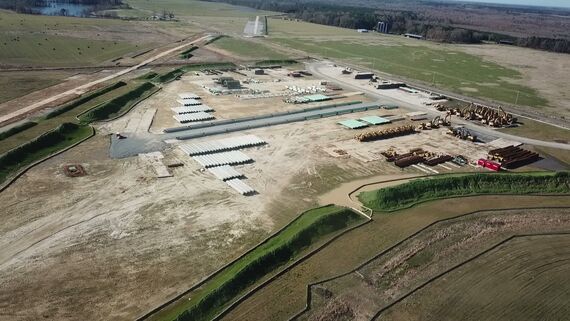


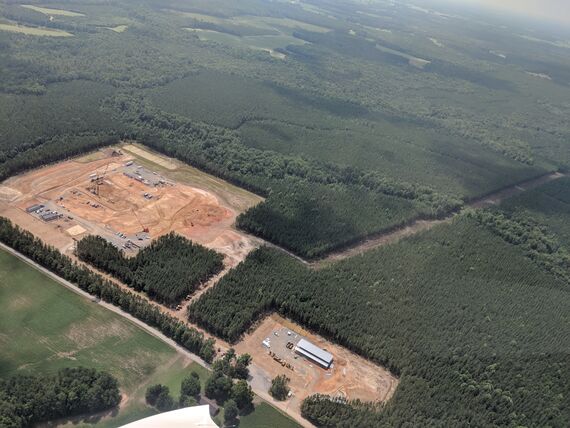
Education & Prior Experience
Having the “boots on the ground” construction experience as an Environmental Inspector is very beneficial in fully understanding the various construction sequences and the challenges with environmental compliance that each may pose. Additionally, that experience is pivotal in understanding how to identify environmental deficiencies and how to go about correcting those and, if necessary, reporting them per the regulations.
A tremendous benefit to succeeding in this role is being involved in multiple phases of the project. Ideally, involvement would begin in the pre-planning phases of a project where critical natural resource information is disseminated and the potential for resource impact avoidance and minimization can be assessed. Participation in the plan review process is advantageous and can only increase the knowledge base of the individual in this role to help facilitate conversations ‘in the field’ as to why something may have been designed a certain way and can offer credibility and confidence to project stakeholders that this role is vital to successful project completion. Once construction is underway, the key to success is effective communication and the ability to forecast potential hurdles moving forward.
Career Advancement
One of the most important parts of the ECC/IEM role is to be the main coordinator when it comes to environmental compliance, requiring constant communication with professionals in a wide range of roles and disciplines. Having that “notebook” of points of contact for so many various disciplines is very important professionally - not only because it helps the ECC or IEM fully and effectively do the job currently at hand, but it will also lead to staff being more effective in future positions.

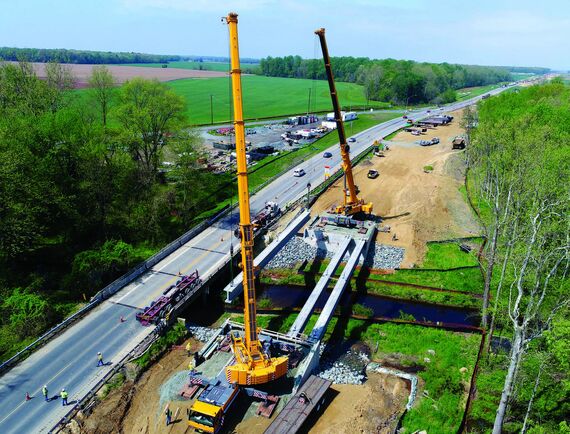
McCormick Taylor's Support
McCormick Taylor works hard to ensure that our ECCs and IEMs have everything they need to be able to fulfill their position to the fullest extent, from providing staff with the right tools to do the job (equipment, vehicle, etc.) to giving employees opportunities to attend training or get certifications that increase their environmental knowledge.
Being a McCormick Taylor employee also gives our on-site staff the opportunity to connect with other specialists around the company about various topics when necessary.


